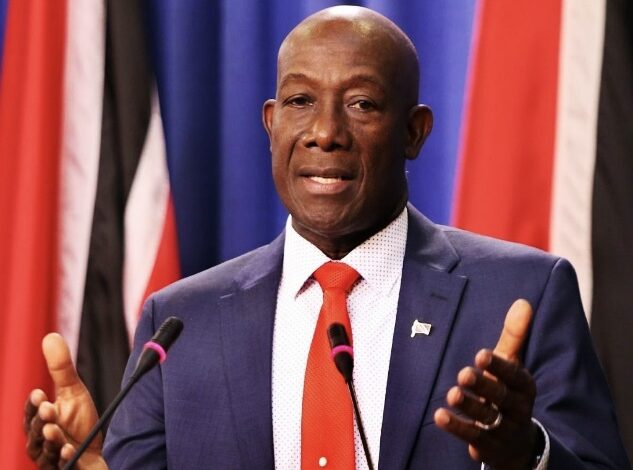
Avellon Williams
TRINIDAD AND TOBAGO- It is no longer possible to insulate the population from the effects of changes in oil prices, as the cost of maintaining fuel subsidies has become prohibitive. This was stated by Prime Minister Dr. Keith Rowley.
PM Rowley warned the nation that the price increase in oil could mean increased prices at the pumps in Trinidad and Tobago.
As the country has been importing crude oil to refine and export, the current high oil prices on the world market will not insulate Trinidad and Tobago, he said.
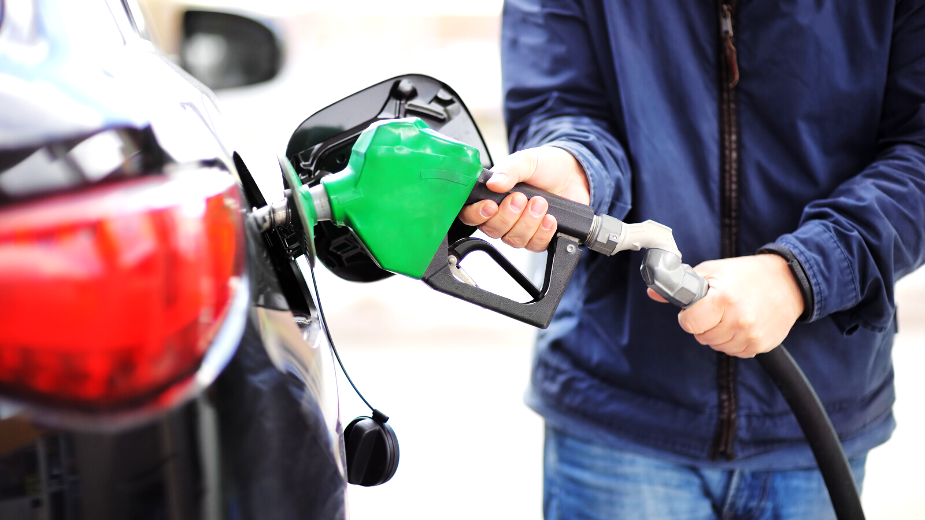
According to Rowley, removing the subsidy would raise premium gasoline prices from $5.75 per liter to $7.58, super gasoline prices from $4.97 to $7.46 per liter, and diesel prices from $3.71 to $6.58 per liter.
“We will see how much funding we can find to take the pressure off the population, but they cannot be insulated completely. I don’t see the hike in oil prices as opening up volumes, because we are not producing the same levels as before.”
At the current price of premium gasoline, it would cost approximately $180 to fill a car, while at the new price, it would cost approximately $235. A typical SUV’s fuel tank can be filled with super for $300; at the new price, it would be $450.
The cost of filling the fuel tank of a pickup is approximately $205, but it would cost $363 at the new price. Maxi taxis currently take $280 to fill their tanks, and this could increase to $497 with new prices.
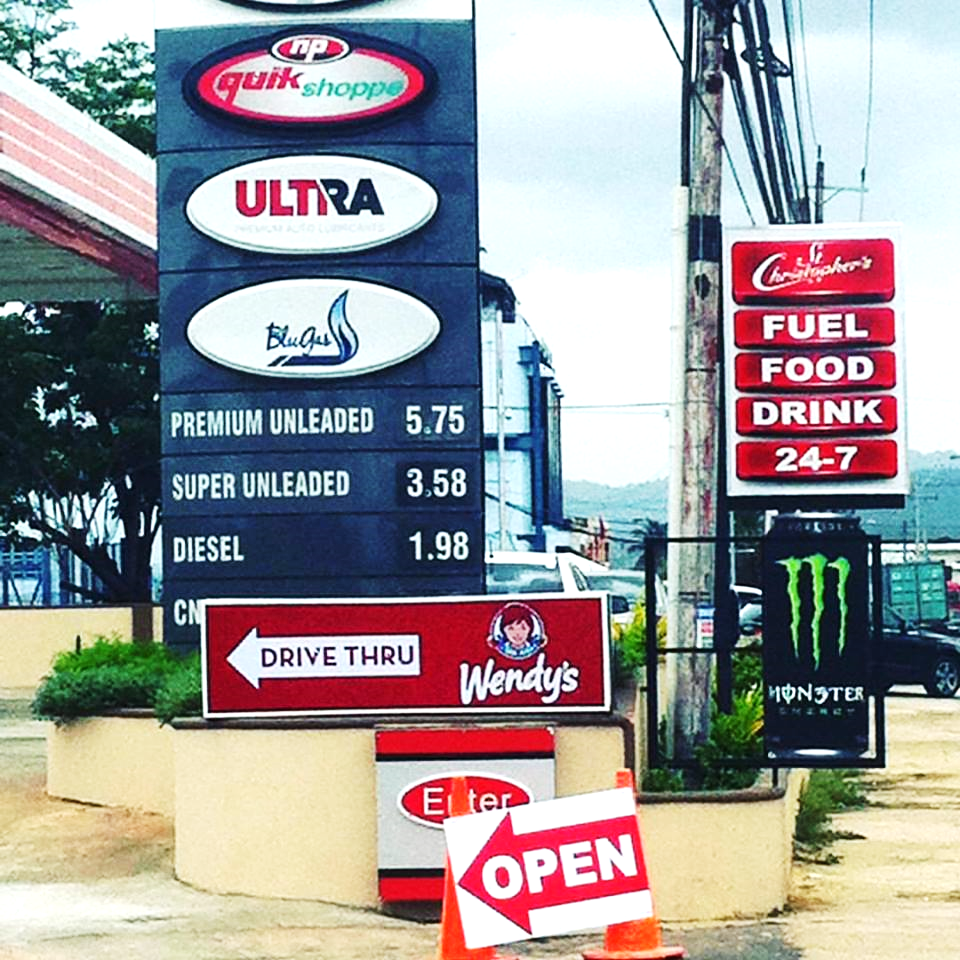
There have been price increases since 2012 when premium rose to $5.75 per liter; in 2015, gasoline went from $2.70 to $3.11 per liter and diesel from $1.50 to $1.72 per liter; in 2016, gasoline rose to $3.58 per liter and diesel to $2 per liter; and in 2018, gasoline rose to $4.97 from $3.97 per liter.
Rowley said governments had spent $38.1 billion subsidizing fuel between 1997 until presently
“In 1997 government created a subsidy fund, meaning that for anyone that produced oil in the country, a levy was attached to the gross production that you pay into the subsidy fund.”
That money is what is used to subsidise fuel. There was no shortfall in the subsidy fund at the time because it matched the subsidy itself, and the subsidy was related to the price of oil.”
He said despite a $38.1 billion subsidy package, the fund only paid out $9.3 billion, resulting in a $28.8 billion shortfall. 2001 was the last time there was no shortfall in the fund, with $257 million being paid out, he said. According to him, government subsidies for fuel amounted to $16 billion between 2013 and 2015.
“No one thinks about the cost of fuel when going anywhere in TT. With the price at $100 per barrel, the fuel subsidy levy would be 509 million and the subsidy will be $2.9 billion. If it goes up to $125 per barrel, the estimated subsidy would be $4 billion and the fund would be $600 million. If it goes up to $150 a barrel, government liability would be $4.48 billion.”
PM Rowley emphasized, “We are not producing the volumes of oil to cover the prices to put the subsidy at the pump.”
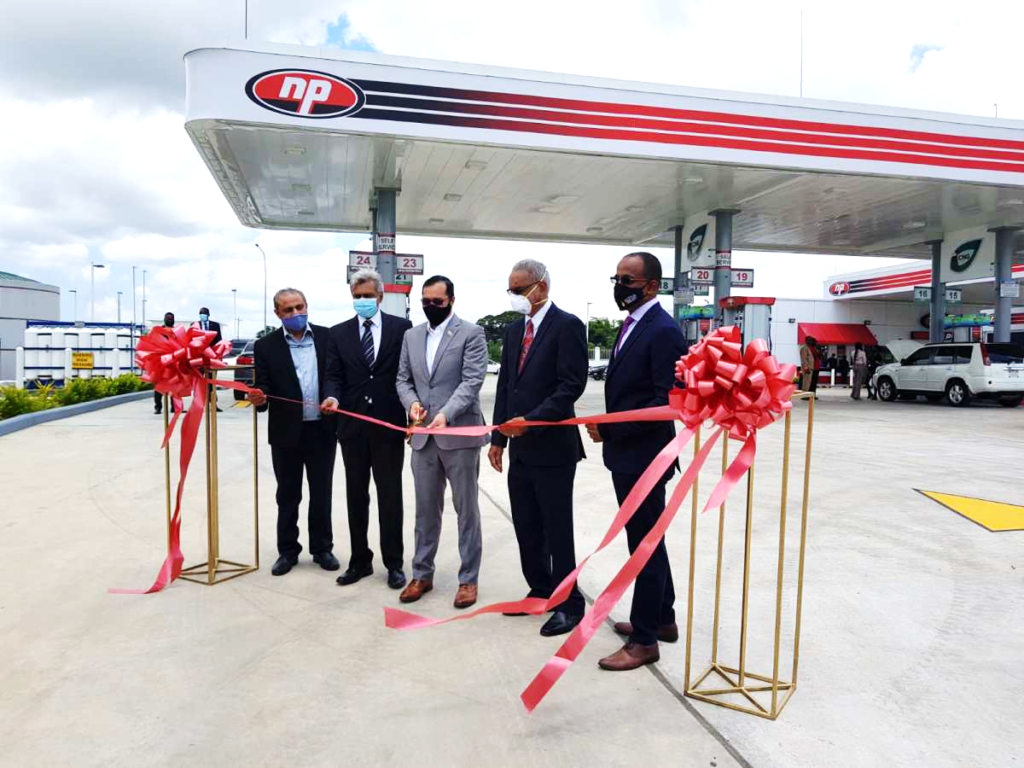
Keeping the subsidies on LPG, kerosene, and diesel in their current form would result in a shortfall of $767 million, which the government would have to borrow, he said.
According to the head of state, he has instructed the Energy and Energy Industries Ministry to accelerate its efforts to acquire electric buses, as well as to ensure that all public vehicles are electric.

The Minister for Public Utilities, Marvin Gonsalves, said as part of the greening of the energy sector, the government was in talks with Shell and BP about bringing ten megawatts of power into the country.
According to him, a policy is on the way for people to transfer excess energy from solar appliances to the grid, but it is still to be worked out who would pay for the extra power.



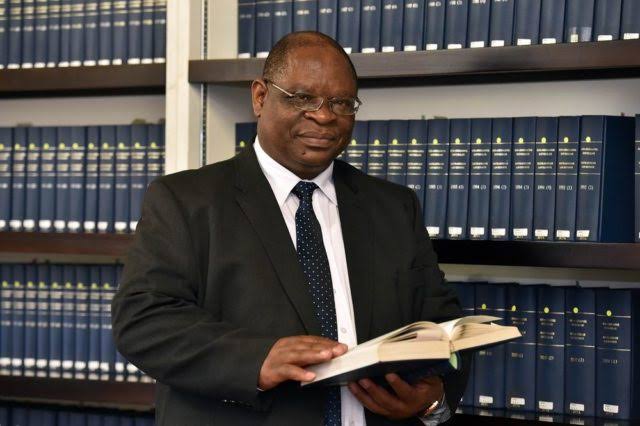

Recent Comments